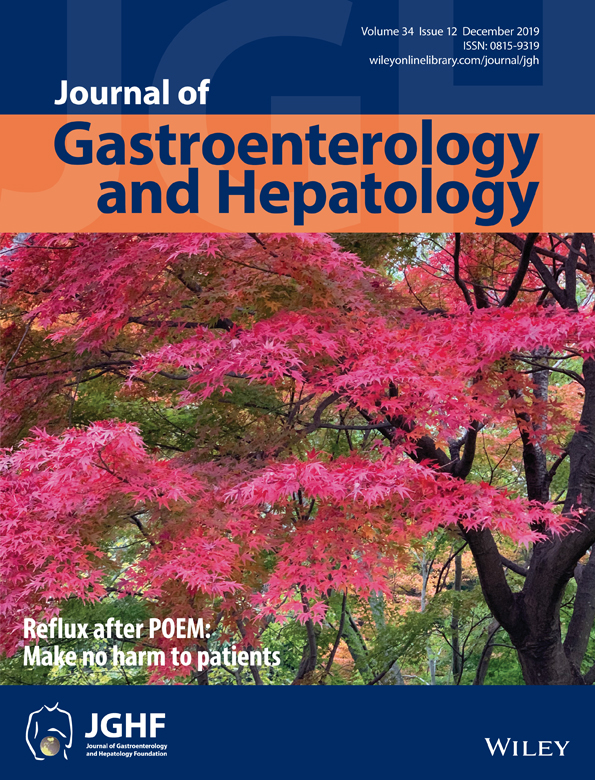miR-873-5p inhibits the progression of colon cancer via repression of tumor suppressor candidate 3/AKT signaling
Abstract
Background and Aim
We previously discovered that tumor suppressor candidate 3 (TUSC3) was overexpressed and predicted worse prognosis in colon cancer patients. However, the mechanisms of upregulation of TUSC3 in colon cancer remained unclear.
Methods
MiR-873-5p was predicted and identified as the regulator of TUSC3 via online programs and luciferase reporter assays. The roles of miR-873-5p in regulating colon cancer cell proliferation, colony formation, and invasion were evaluated in vitro. Animal studies were performed to investigate the effects of miR-873-5p on proliferation and lung metastasis. Moreover, the miR-873-5p/TUSC3 related signaling pathway and the prognostic value of combining miR-873-5p and TUSC3 for colon cancer patients were also explored.
Results
Here, we identified miR-873-5p as a novel regulator of TUSC3 in colon cancer. Functionally, ectopic expression or silencing of miR-873-5p, respectively, inhibited or promoted colon cancer cells proliferation, colony formation, and invasion, as well as prevented or enhanced the metastasis of colon cancer cells in vitro and in vivo.
Molecularly, miR-873-5p functioned as a tumor suppressor by inhibiting the TUSC3/AKT pathway. Overexpression or silencing of TUSC3 could partially reverse the effects of the overexpression or repression of miR-873-5p on colon cancer progression caused by activation of the AKT pathway. Clinically, low miR-873-5p expression predicted poor survival in colon cancer patients, especially combined with high TUSC3 expression.
Conclusions
We identified miR-873-5p as a tumor suppressor, which acts by directly repressing TUSC3 in colon cancer.




